TL18VOTE
Latest

Twitter introduces labels for US midterm election candidates
In a small effort to increase visibility and transparency in the upcoming US midterm elections, Twitter will add labels to political candidates. Only those running for state Governor, the US Senate or House of Representatives will get the added info: Beneath their username, on their profile and in every tweet or retweet, will be information about what office they're seeking, the state they're in and which district they'd represent (if applicable). This short disclosure strip will be prefaced by a government building icon.

White House dumps 'cyber czar' advisory position
Today the White House confirmed there will be no replacement for Rob Joyce as cybersecurity coordinator. Joyce was Trump's first pick for this position created by the Obama Administration and spent 13 months as the "cyber czar" coordinating security efforts across government. Now the new national security advisor John Bolton is eliminating the position, as Politico reports that an email sent to staffers said the intent is to "streamline authority" within the National Security Council, which has two senior cyber policy directors. Not everyone agrees, however, as Senate Intelligence ranking member Mark Warner (D-VA) tweeted "We also need to articulate a clear cyber doctrine. I don't see how getting rid of the top cyber official in the White House does anything to make our country safer from cyber threats." Representative Jim Langevin (D-RI), said: "It is an enormous step backwards to deemphasize this growing challenge." Joyce will return to his post at the NSA. Meanwhile, Trump signed an executive order intended to give CIOs at federal agencies more hiring authority and control over budgets. Without the "cyber czar" agencies will have to find ways to coordinate with each other and foreign governments on matters like election security and data breaches without a single person managing the efforts. This should work out just fine.
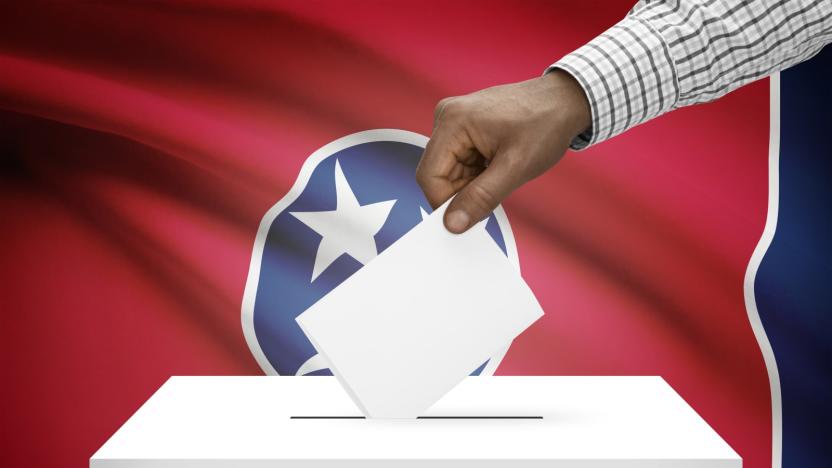
Cyberattack shuts down Tennessee election website
On May 1st, a website in Tennessee tracking county election results suffered a cyberattack and subsequent incursions before it went down, a security firm concluded. According to its report, "a suspiciously large number of foreign countries" accessed the site, which likely overwhelmed it until it stopped functioning. No data was accessed, the report emphasized -- the attackers would have needed physical access to manipulate the voting data -- but the website was down for an hour after polls closed.
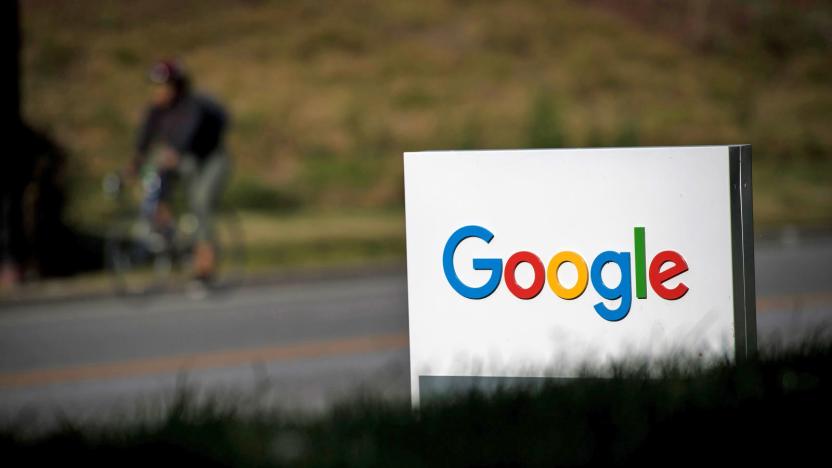
Google will verify the identity of those buying US political ads
Following similar moves from Facebook and Twitter, Google has now announced how it will be handling political ads going forward. All three have been compelled to address the issues that arose from the last US presidential election, during which Russian groups purchased election ads aimed at sowing political discord. In a blog post, Google Senior VP Kent Walker described some of the measures the company will be taking now and in the near future.
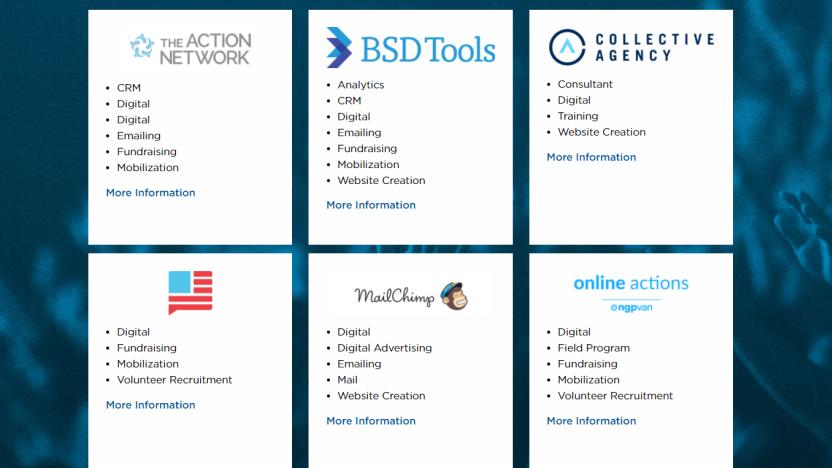
DNC launches a marketplace for digital election tools
The Democratic National Committee (DNC) wants to reposition the Democrats as politics' most pioneering party. Today, it announces I Will Run, a marketplace for software, services and training designed to make Democratic campaigns more engaging and effective in a world that's come to rely on the internet for everything, including politics.

Facebook will label political ads and note who paid for them
Facebook vowed in October it would require electoral advertisers to identify themselves. Now they're expanding that to include anyone who buys an ad about 'issues' -- as in, political topics debated across the country. Anyone advertising in either of those categories must confirm who and where they are to get 'verified' -- and their messages won't appear until they do. Crucially, the advertisements themselves will bear the label 'Political Ad' in the top-left corner and disclose who paid for it, which will start rolling out in the US this spring.
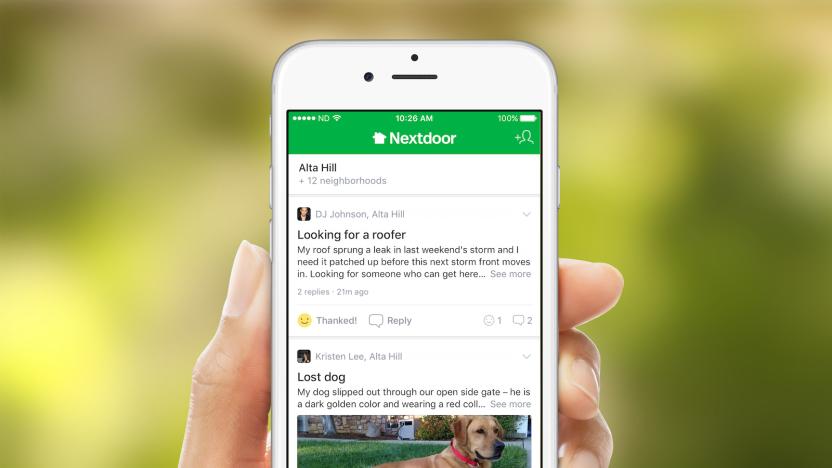
California will send residents election information through Nextdoor
Five California counties have adopted a voting act that will allow them to switch up how they handle elections. Within those counties, voters will have more choices in how they cast their ballots -- the can mail them in, vote early or vote at any polling station in the county. And now California's Secretary of State has announced that residents of those counties will also start to get election information through Nextdoor, the social network for neighborhoods.

US general says efforts to combat Russian meddling aren't going well
Despite the Mueller investigation indicting 13 Russian nationals who ran social media accounts across multiple social media platforms to interfere with the 2016, the US has no unified multi-agency strategy to protect against Russian cyberattack. That's according to the Supreme Allied Commander of NATO, U.S. Army General Curtis Scaparrotti, in a meeting with the the Senate Armed Services Committee today.
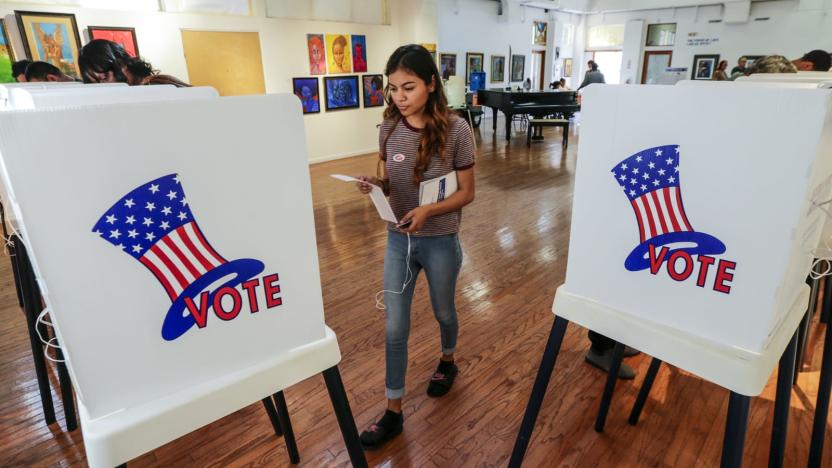
Senate bill would help guard against election hacks
American election security is a mess. Many voting systems are vulnerable, but replacing machines is expensive -- and then there's the lack of coordination between different levels of government. The country needs a lot of help if it's going to prevent a repeat of Russia's 2016 interference, let alone full-fledged tampering. Some new legislation might sort things out, however. A bipartisan group of senators has introduced the Secure Elections Act, a bill that would support state election systems with resources and expertise that could help fend off hacking attempts.




